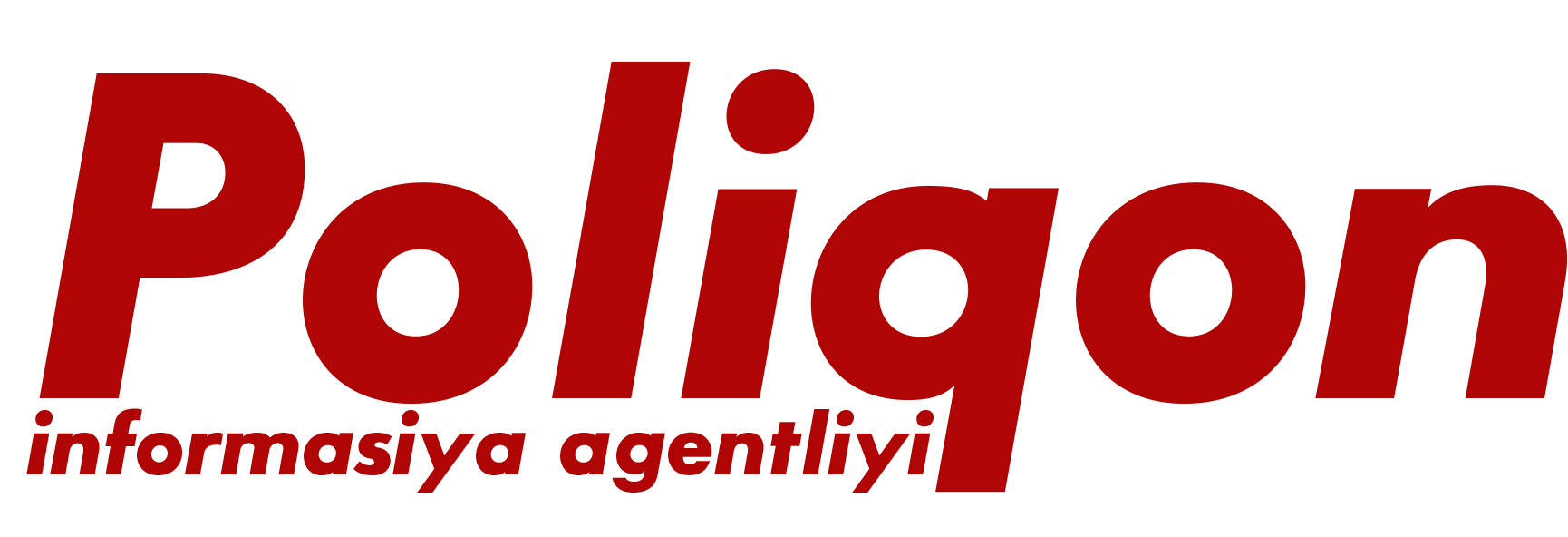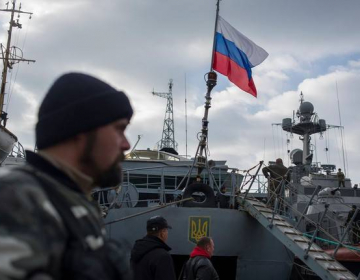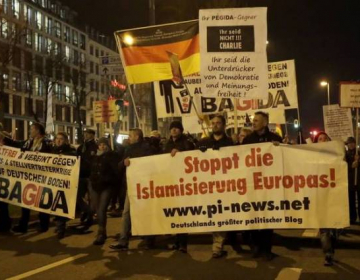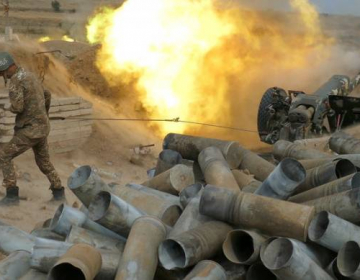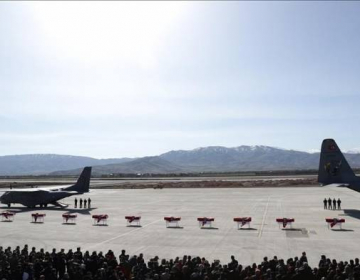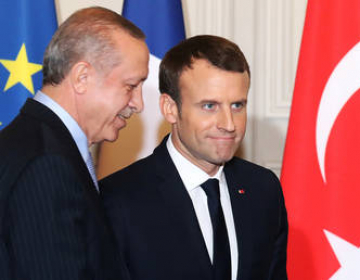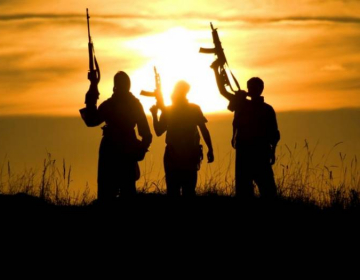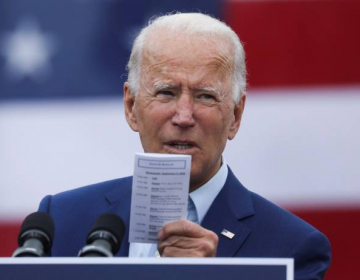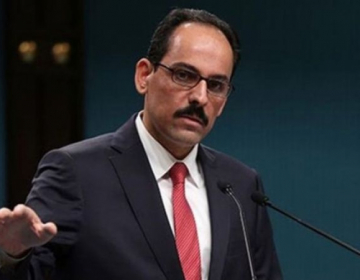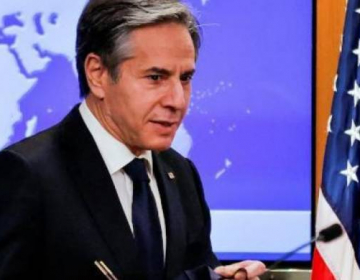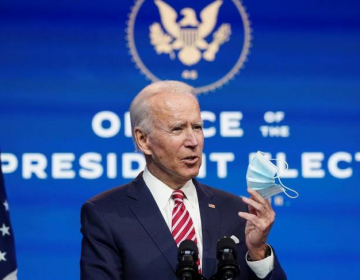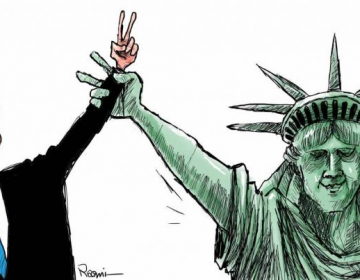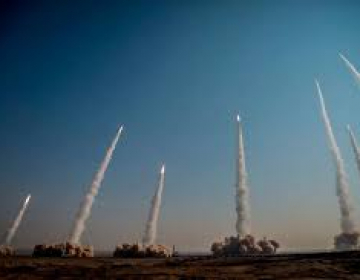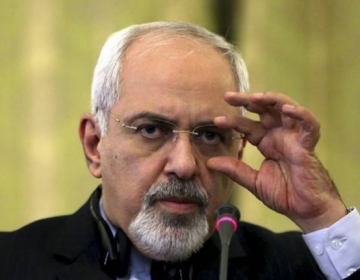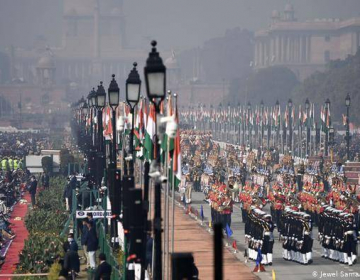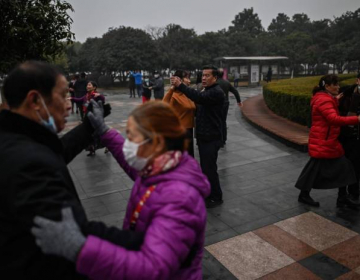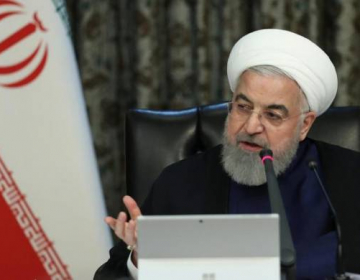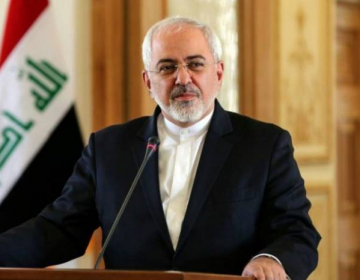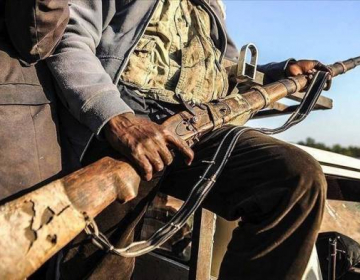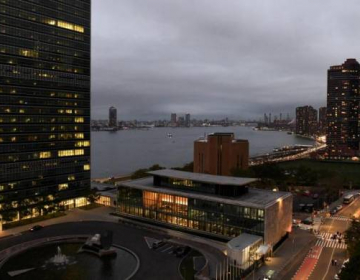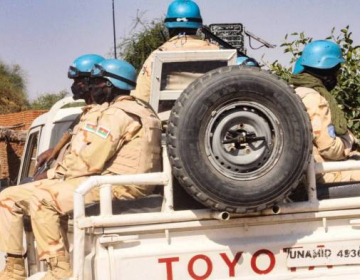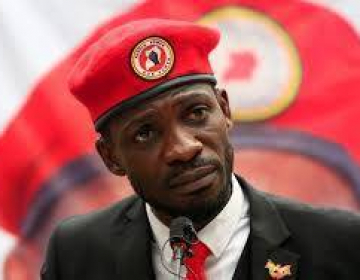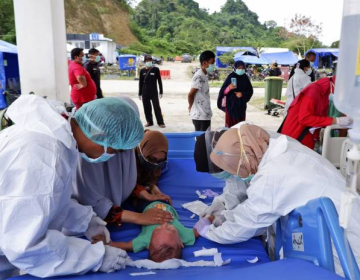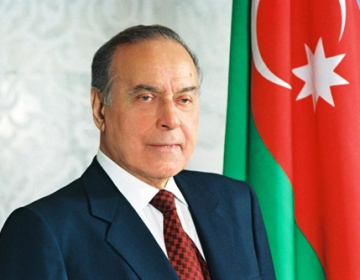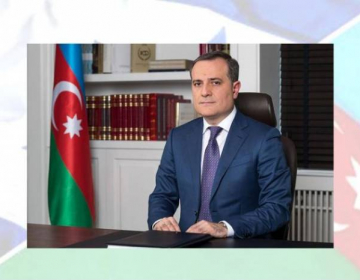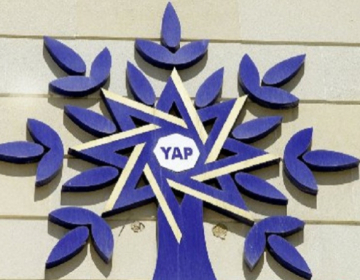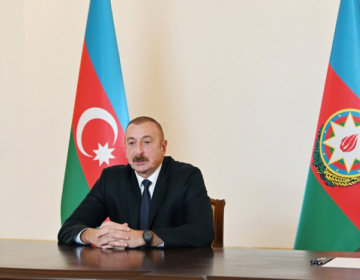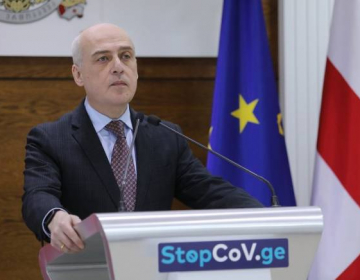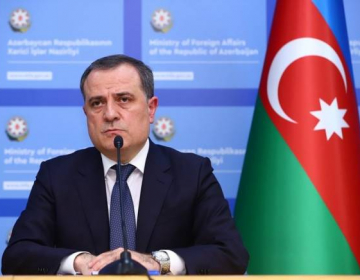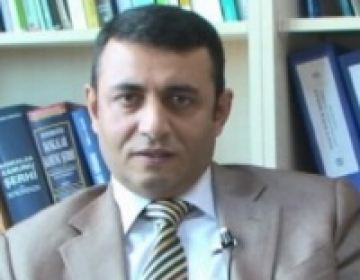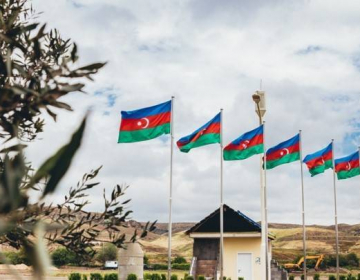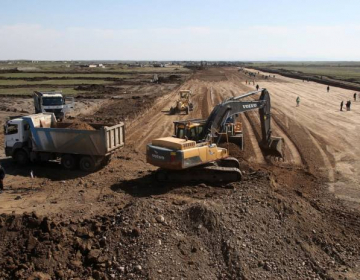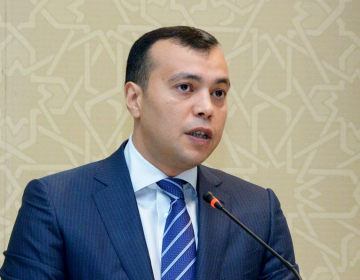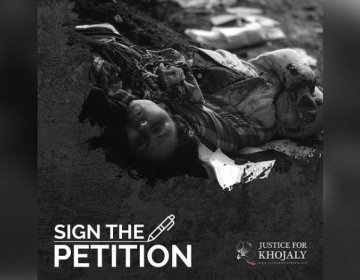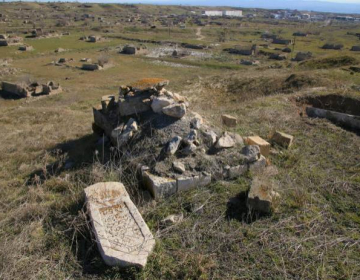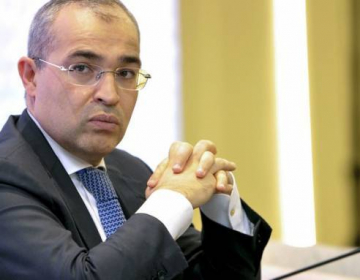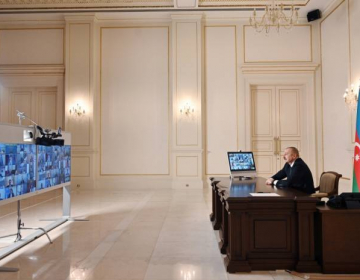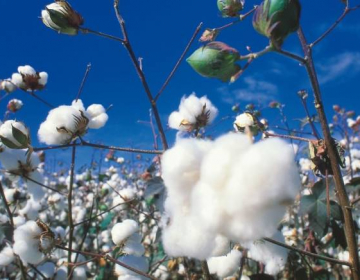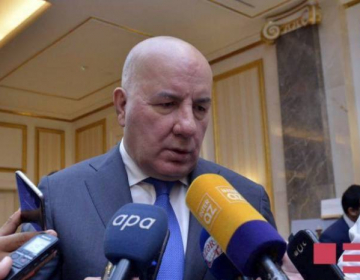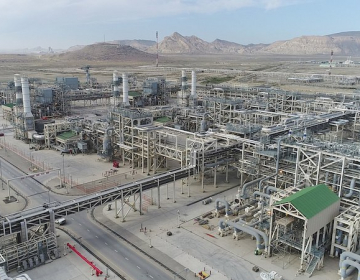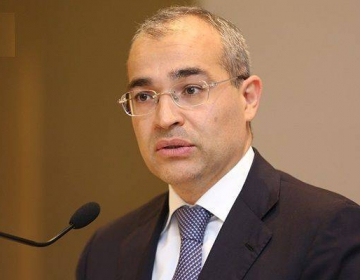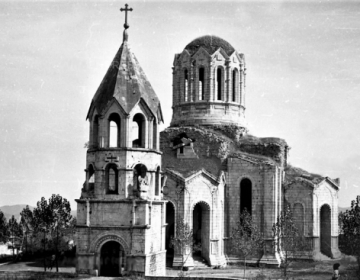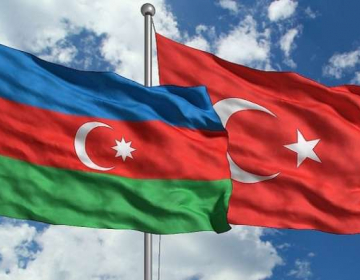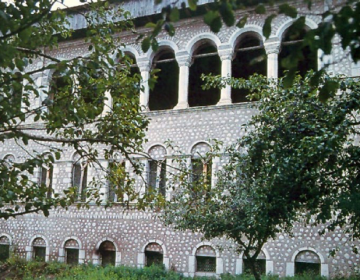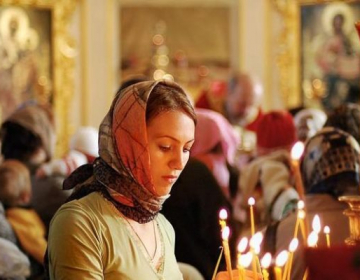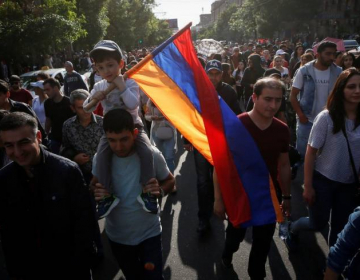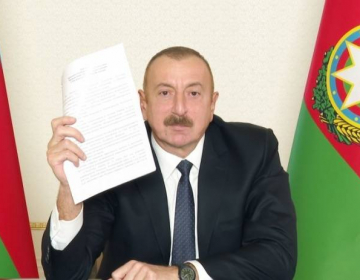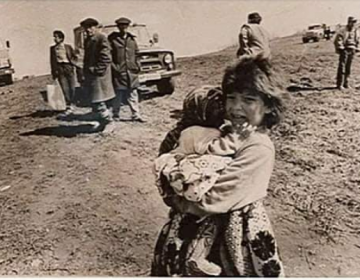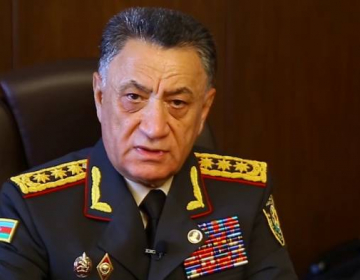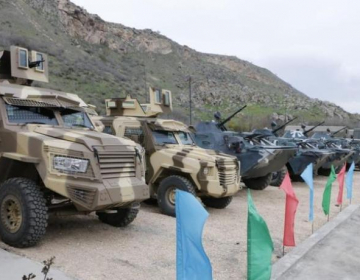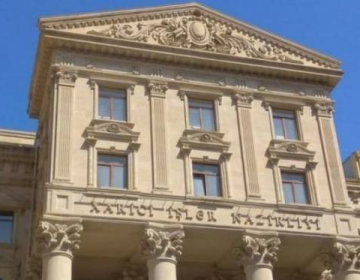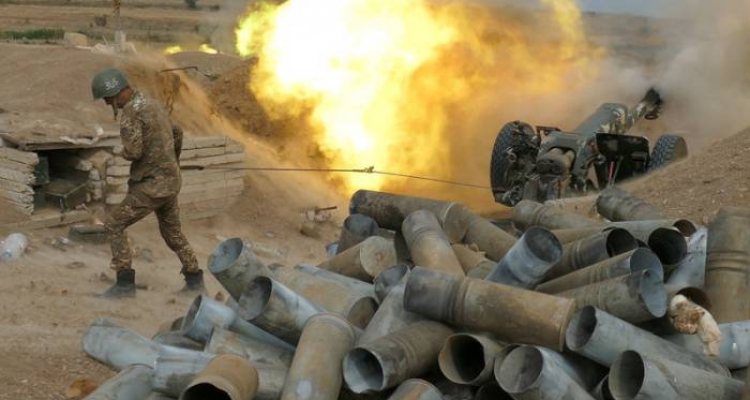By Roza Asgarova
Eurasia Review, USA
According to a recent article titled “Nagorno-Karabakh: a preliminary investigation opened by France”, written by a doctor of political science Sébastien Boussois, and published in a reputable French magazine “General de Europe”, France has already started an investigation into the illegal involvement of its citizens in the second Karabakh war. The author indicates that such an activity is strictly forbidden by international law and states that Yerevan was legally obligated to halt these violations immediately, which the latter not only failed to do, but also actively incentivized. The author also mentions the fact that the Secret Army for the Liberation of Armenia (ASALA) in the second half of 20th century committed a number of terrorist attacks, contextualizing the above-mentioned events.
Armenian diaspora organizations at home and abroad played a key role in the Second Karabakh war, contributing manpower and financing to Armenian military, and the involvement of foreign fighters by the Armenian side throughout the conflict has received wide coverage in both local and international media. Armenian organizations all over the world circulated ads for the recruitment of military forces, and one such organization named VoMA (short for Armenian “Ողջ Մնալ ու Արվեստ” – “the art of staying alive”), operating in Yerevan, launched accelerated military training courses with the aim of establishing a mountain rifle battalion under the command of the Ministry of Defense of Armenia. As a result, at the end of the war the Azerbaijani side petitioned relevant law enforcement agencies to launch investigations into the illegal participation of their citizens in the military actions in Karabakh.
As foreign combatants recruited for the purpose of “undermining the territorial integrity of a State” fall under the definition of “mercenaries”, deployment of these fighter is considered a violation by the Armenian side of the international laws of war under the Article 47 of the 1977 Additional Protocol I to the 1949 Geneva Conventions and Articles 1 and 5 of the International Convention against the Recruitment, Use, Financing and Training of Mercenaries of 1989.
According to several media agencies, an indeterminate number of French citizens joined the military operations against Azerbaijan, among them a French Armenian by the name of Artur Oganisyan, who, in his interview to Russian outlet “Новая газета” mentioned that he and his two brothers arrived in Armenia, received automatic assault rifles without providing any identification or requiring any permissions, and were swiftly added to the army. Such cases were also highlighted by the “France24” news agency, which published video materials validating the stories of a number of volunteers heading to Armenia to join military action, among them a veteran referred to as “Vardan” and a 28-year-old French citizen Sipan Muradyan. Information on the French citizen Marc de Cacqueray-Valmenier participating in military training by the Armenian military forces was disseminated by “The French Liberation” news agency. A photograph published on social media by Cacqueray-Valmenier, a notorious neo-Nazi and the leader of the far-right group Zouaves Paris (ZVP), verified his presence in the occupied territories of Azerbaijan.
Accordingly, the embassy of Azerbaijan to the French Republic appealed to the state’s prosecutor’s office to launch an investigation into the potential violations of local and international laws committed by French citizens of Armenian descent who fought in Karabakh for several weeks.
As was publicly reported, Armenian government spread the information on the recruitment of foreign citizens of Armenian origin into the army. Among those who joined the trainings were citizens of Australia, Belarus, Belgium, Brazil, Canada, Cyprus, Denmark, Egypt, France, Greece, India, Jordan, Lebanon, Mexico, the Russian Federation, Spain, Sweden, Ukraine and the US. The diaspora organizations widely disseminated the calls to join military operations among their members. For instance, despite the fact that the Article 208(2) of the Criminal Code of Russian Federation prohibits the participation of its citizens in an armed force that is not ordained by a federal law, and states that such actions may carry up to five years in prison, the head of the “Armenian Union of Russia” (“Союз армян России”) Ara Abramyan on 28th of September 2020 announced that 20 thousand Russian Armenians were eager to fight for the Armenian separatist regime in the Karabakh region of Azerbaijan. As a result, on 29th of September, members of Armenian diaspora in Russia, including a few representatives of the ARF Dashnaksutyun party, traveled from Sochi to Yerevan with the aim of joining military operations as volunteers.
Similar cases took place in several European states: according to the “Sputnik Hellas” news agency, at least 30-35 Greek Armenians, as well as 10-15 ethnic Greeks departed for Armenia to join the military actions against Turkish armed forces. A similar case was covered by the Spanish “El Confidencial”news agency.
Additionally, an information leak revealed that members of the Kurdistan Workers’ Party (PKK) from Syria and Iraq, as well as 1,500 Kurdish mercenaries joined the Armenian military.
The materials published in the above-mentioned reports and articles strongly imply that Armenian armed forces employed mobilized diaspora members from foreign states in the Second Karabakh War in violation of both the international law and the criminal codes of the diaspora members’ host countries. Whether this investigation will be mirrored by other states or result in sanctions against the Armenian government and diaspora organizations remains to be seen. Investigation of potential violations of this sort are the fallout of the enduring war over the Karabakh region -and potentially the last few steps on the path to peace.
pia.az
